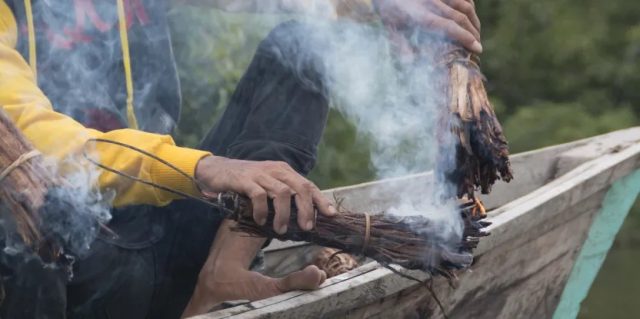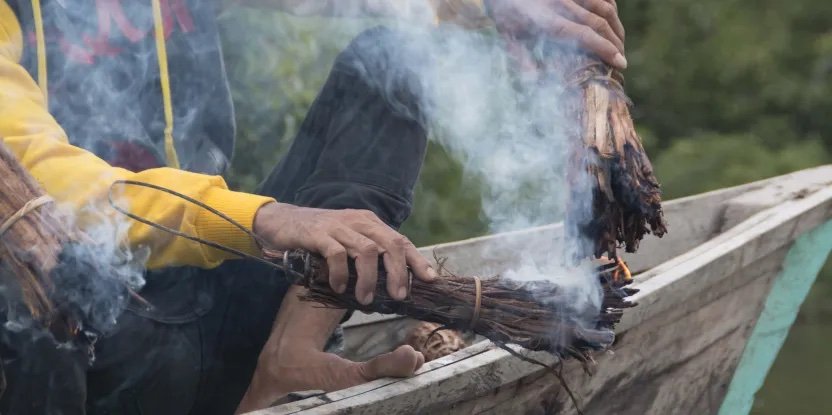
A recent study has shed light on the continued reliance on fuelwood as a primary cooking fuel in Jalpaiguri, West Bengal, despite government efforts to promote the use of Liquefied Petroleum Gas (LPG). The findings underscore the complex interplay between energy access, affordability, and environmental sustainability, emphasizing the urgency for locally acceptable and sustainable solutions.
Fuelwood Reliance and Its Impacts
The study revealed that local communities in Jalpaiguri heavily depend on forests for fuelwood due to limited access to alternative cooking fuels. Although the government has implemented schemes like the Pradhan Mantri Ujjwala Yojana (PMUY) to facilitate the transition from fuelwood to LPG, the subsequent increase in LPG prices has posed a significant challenge.
According to the research, the cost of commercial LPG cylinders, priced at over Rs 1500, is considered exorbitant for many households, particularly those below the poverty line. As a result, despite efforts to increase LPG penetration in rural areas, many households only refill their cylinders infrequently due to the high cost.
The dependence on fuelwood has far-reaching environmental and social implications. It contributes to forest degradation, jeopardizing wildlife habitats and local livelihoods. Furthermore, the study highlights the increased risk of human-wildlife conflicts, particularly encounters with elephants, as communities venture deeper into forests to collect fuelwood.
Efforts Towards Sustainable Solutions
Recognizing the urgency of the situation, collaborative efforts are underway between the West Bengal Forest Department and Joint Forest Management Committees. These initiatives aim to promote sustainable forest management practices, including planting saplings of high fuelwood value in villages, promoting efficient cooking stoves, optimizing shade tree density in tea plantations, and fostering multi-stakeholder engagement for resource governance.
However, the study emphasizes that addressing the fuelwood dependency issue requires a comprehensive approach that goes beyond short-term solutions. Developing locally acceptable and sustainable alternatives to fuelwood is crucial to securing forests, wildlife, and livelihoods in the region.
Challenges and the Way Forward
While the Indian government has made notable efforts to increase LPG adoption in rural households, such as launching the Rajiv Gandhi Gramin LPG Vitrak scheme, initiating direct benefit transfers, and implementing direct home-refill deliveries, the high prices of LPG remain a significant barrier. In fact, LPG prices in India were reportedly the highest among 54 countries in 2022, at around ₹300/liter.
The study underscores the need for a multi-pronged approach that considers the economic constraints faced by rural communities while promoting sustainable energy solutions. Promoting renewable energy sources, improved cookstoves, and alternative fuels derived from agricultural waste could potentially reduce the demand for fuelwood and mitigate its environmental impact.
Ultimately, community involvement and engagement with relevant stakeholders are crucial for the success and adoption of alternative cooking fuels and forest conservation efforts. By addressing the root causes of fuelwood dependence and fostering locally tailored solutions, Jalpaiguri and regions facing similar challenges can pave the way towards a more sustainable and equitable future for both people and the environment.
Source link
Modified by Maaaty at Cheap Generic Pharmacy

